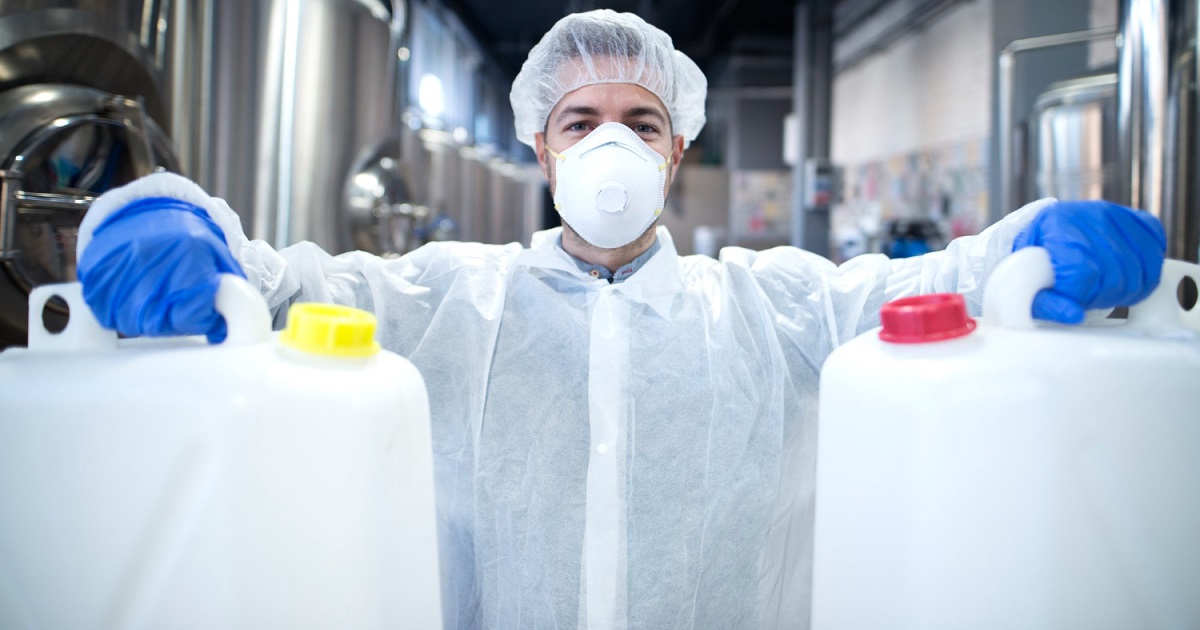
Chemical Technology
Article | August 2, 2022
NICE WORK, if you get can get it. A trucking company in Fort Worth, Texas, is offering to pay experienced drivers $14,000 a week – $728,000 a year – as the US struggles with a nationwide shortage of truckers or lorry drivers.
This reminds me of perhaps an apocryphal tale, from the height of the last Australian mining boom. Before iron ore prices collapsed in late 2014, there was a story about workers at mining site road junctions who operated manual “Stop and Go” signs. They were said to be earning more than Australian dollar (A$) 200,000 a year.
Before you pack in your job as, say, a petrochemicals sales manager and head to Texas or mine sites in Western Australia, there is the risk that when you arrive at the door of your new prospective employer, the bubble might have already burst. This is assuming we are in bubble conditions.The pressure is clearly building in petrochemicals and other commodity markets as prices in some regions remain at record highs or continue to rise.
Today’s prices are the results of shortages of commodities supply (for example in petrochemicals, an outcome of the US winter storms), very strong demand and supply chain disruptions.I am beginning to believe that the latter is the biggest reason for commodity price inflation which is feeding through into sharp rises in the cost of finished goods – and a lack of goods availability.
It is delivering and manufacturing enough stuff that seems to be at the heart of today’s problems due to shortages of everything from container freight space and semiconductors to wooden pallets, tin cans, metal drums, cardboard – and US truck drivers.
Read More

Chemical Management
Article | July 14, 2022
The market size for polymeric and resin binders in the global printing ink marketwas estimated to be over 1,200,000 MT in 2020, with a CAGR of about five percent. A major driver of this growth comes from the packaging industry, due to increases in consumer spending and online shopping, as well as demand for processed and packaged foods and beverages.
In addition, increased use of water-based inks is promoting market growth, off-setting environmental and health concerns regarding solvent-based inks in addition to strict environmental protection policies. Water-based inks are projected to overtake solvent-based inks due to environmental regulations, the reduction of volatile organic compounds (VOCs) in the pressroom, and improvements in overall print quality.
Ink formulations are complex mixtures, consisting of four basic component classes: pigments, polymeric binder resins, solvents or an aqueous dispersant media, and additives, such as surfactants, waxes, and rheology modifiers that enhance print quality. The purpose of the resin binder is to disperse and carry the ink pigment to the substrate, stabilize the pigment and additives dispersion to prevent settling, and provide print properties such as ink transfer behavior, setting, and drying characteristics. The binder also contributes surface appearance and gloss, strength and flexibility, chemical and solvent resistance, and also rub resistance. Ink binders can be categorized into the following polymer and resin types: acrylics, polyurethanes, polyamides, modified resins, hydrocarbon resins, and modified cellulosics.
Read More

Chemical Technology
Article | August 8, 2022
SEE THE END section of this blog post for a dystopian version of our environmental future. In a follow-up post – which I will publish on Thursday, 1 July – I will offer some suggestions about how we can avoid an outcome that nobody of course wants.Both posts are meant to be provocative, challenging and controversial because only through debate, and sometimes outright argument, will we get to the answers.
If you disagree after either or both posts have been published, great, that would be good. In fact, I would love to hear from you whatever your views at john.richardson@icis.com. The petrochemicals industry can do this; we can fix this if we create the right forums for ideas and then solutions.
Let me provide the background first. Let me start by examining developments in the refinery industry and the implications for petrochemicals as important background. Then I will look at a sample of ICIS petrochemicals demand growth forecasts for 2020-2040. I will conclude by providing the bleakest of bleak outcomes for the world in 2025
Read More

Chemical Technology
Article | June 11, 2021
Intelligent Operations can play a vital role in creating connected content environments, however, many companies – especially within oil and gas – having been slow on the uptake.
Businesses that implement digital transformation initiatives often gain a competitive advantage over their rivals, as they benefit from reductions in human error, increases in productivity and further support for compliance efforts.
This report, produced in collaboration with OpenText, dives into the results of our Intelligent Operations in Oil and Gas Survey 2020, revealing where the industry is in terms of its adoption of Intelligent Operations and the hurdles it needs to overcome to truly embrace digital platforms and solutions.
Read More